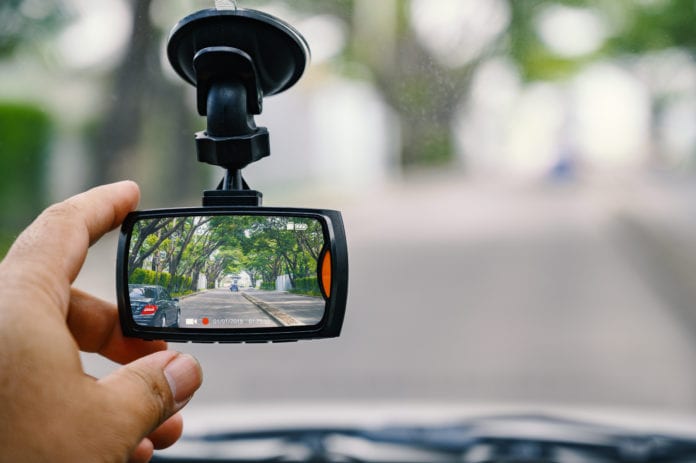If you’re asking yourself, “Should I get a dash cam?”, you’re probably wondering what will happen if you’re in a collision. How will you prove you were driving safely? How can you show your insurer that the other driver was to blame? Will the insurer and the police believe a new driver like you or someone with 20 years of experience under their belt?
That’s where a dash cam comes in.
Why is a dash camera a good idea?
Because a camera doesn’t take sides. It doesn’t forget to write down a reg number or tell a lie about how fast the other car was going. And it doesn’t care whether you passed your test last week, last decade, or in the last century.
Think of a dash cam as your impartial witness. It’s a lot harder to argue with clear video footage than somebody’s foggy and fallible memory.
Being in a crash can be stressful and intimidating. It’s easy to forget to write down all the details you need to give your insurer and possibly the police. That goes double if you are new to driving, and have never been in a collision before.
A dash cam will record what happens, and if the other driver sees you have a camera they are more likely to behave reasonably as they know they are being filmed.
If a dash cam can help you prove you weren’t to blame, your insurer won’t be so hard on you for having had an accident. If you are not at fault at all you may keep your no-claims bonus, which is really important when insurance is so expensive for a new driver.
Are there other reasons?
Yes, even if you never have a crash a dash cam can pay for itself. That’s because many insurers offer a discount for drivers who use a camera. It can be as high as 30%. This could more than save the cost of the camera, given that decent dash cam starts from around £50. Road Angel has lots of choices and comes highly recommended by many experts, including Which?
What should I look for in a dash cam?
- Good quality footage. This has to be the top priority. Grainy footage with a blurred number plate is no use to anyone. Expect high definition (HD) as a minimum. Ultra-high definition (UHD) or 4K footage is even better. It’s not just about the resolution, though. A wide-angle lens will show more of what happened.
- Night vision. Some cameras have a night-vision mode for really clear footage after dark.
- Front and rear cameras. Some dash cam systems record what’s going on behind the car as well in front, which is important if someone drives into the back of your car.
- GPS positioning. A built-in GPS will show where the incident occurred, and whether you were speeding – so don’t speed!
- Storage. The bigger the camera’s storage capacity, the more footage it can capture. Around 32GB should be plenty, although remember that if you record at maximum resolution the storage capacity will fill up more quickly.
- Wi-fi. A wi-fi enabled dash cam can quickly transfer footage to your smartphone or computer.
- Parking mode. Dash cams with this feature can turn themselves on if someone drives into your car while it is parked, or if a thief tries to break into the car.



